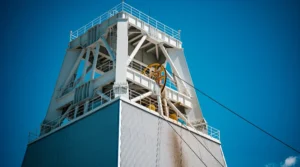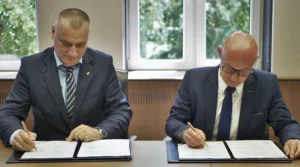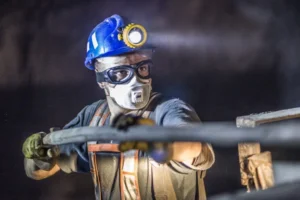What goes on in Poland on the 19th of April.
Bando: Let’s combat the smog first and the greenhouse effect afterwards
The greenhouse effect is a serious and complex problem but let’s talk about smog first, said Marcin Bando president of the Energy Regulatory Office, at the conference „Clean Heat 2030. Strategy for Heating” organized by the Energy Forum under the media patronage of BiznesAlert.pl.
It is really sad that a town such as Żywiec with extraordinary natural and tourist values is struggling with polluted air. Talks about support necessity and information policy are not enough to deal with this issue, said Bando. He added that we should suspend talking about the greenhouse effect in the public debate for a moment. – It is a serious and complex problem, but let’s talk about the smog, so not only about carbon dioxide, but also about the dust and compounds of nitrogen and sulfur that come out of our furnaces. Let’s ask ourselves whether burning of waste is healthy for us or not. You have to start by shaping social awareness, that is, asking the citizen questions „do you feel smog in the air?”. If so, why do you continue to burn rubbish?, the president of the Energy Regulatory Office has proposed.
According to Bando ignored documents concerning combat against the smog, such as communal plans for supplying heat, electricity, water and sewage which should be operational in legal transactions are another useful tool while dealing with smog. They should consist of long-term action plans.
Further steps are obvious: the gradual withdrawal from fossil fuels – here the greenhouse effect and the reduction of CO2 emissions are additional issues – but this cannot be done immediately, because we must not forget about the energy poverty. Older people living in houses cannot afford to pay for heating which is inefficient and not adjusted to one person. There are also gaps in the state policy – energy subsidies do not work, concluded Bando.








